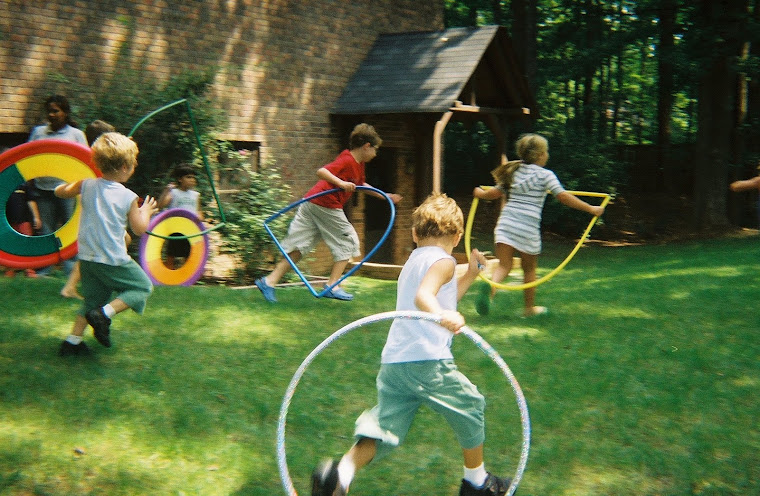Susan N. Schriber
Orloff, OTR/L, FAOTA
Every parent just wants his or her child to be “happy”. That is their bottom line. Therapy, academics, home life, whatever,
“just makes my child happy”. Anyone who
has worked with children for any length of time has had this said to them
repeatedly over and over again.
It is really not their fault. Ingrained in the American psyche and in our
Declaration of Independence is the “right to pursue happiness”.
Aristotle had it even more precise, he wrote, “happiness…is
at the end of action”.
And so in helping children is all about action in the
pursuit of happiness. But as Dennis
Prager wrote in his book, “Happiness is a Serious Problem”.
Those actions that we ask of the children are often fraught
with frustration and in the pursuit of the happiness derived from increased
skills that are not easily achieved.
Along the way it just plain gets “too hard”, the struggle too
intimidating and the progress seemingly too slow coming.
We often attribute this to low self-esteem, fragile coping
skills, processing issues, etc. In truth it could be related to the definition
one is using for Happiness.
What Moms Want
The
main goal of most all parents is to have a child who can meet life challenges
with confidence. In other words, she wants a happy child in school and out in
his/her world.
Meeting the Happiness Goal
Helping
both parent and child understand that happiness, while most Americans feel the
right to pursue it, is and elusive moving target and is really a by-product of
the very hard, and sometimes-slow work of meeting challenges.
As
OT’s and teachers we need to brace ourselves when a parent says, “He just isn’t
happy in OT”. Our response needs to
convey that our goal is to “make him/her
happy after OT (learning
interventions)”. I often use the
analogy about diets: no one goes on one unless their clothes get tight and that
is not a happy feeling. Dieting is not fun. But the results are gratifying.
It
is also important to help our clients understand what “happy people” do
differently so that we can help them modify their behaviors to get to a less
fearful place. Todd Kashdan and Robert
Biswas-Diener in a recent Psychology Today (July/August 2013) research article
stated that, “ one of life’s sharpest paradoxes is that the key to satisfaction
is doing things that feel risky, uncomfortable and occasionally bad”. In addition, they state that curiosity is
another important factor. “…Curious people knowingly invest in activities that
cause them discomfort as a springboard to higher psychological peaks”. The authors continue that, “…good life…is a
matrix that includes happiness, occasional sadness, a sense of purpose, playfulness
and psychological flexibility…mastery…belonging.”
The
take away here is that part of therapy should be about helping children embrace
the unknown and the process of figuring “it” out. OT as a part of this “life matrix of being”
encompassing all the range of feelings, is not about having fun each session,
but about getting to brave.
Getting
to happy is not a destination, it is a process and OT’s are the guides for each
child’s individual pursued
journey.

No comments:
Post a Comment